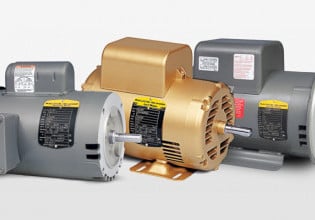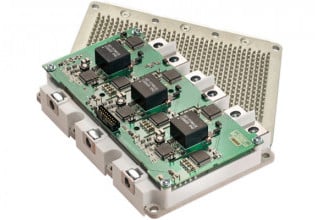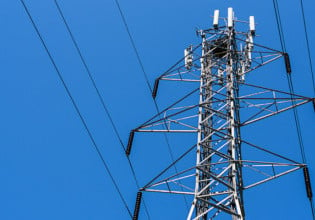IPC – Association Connecting Electronics Industries® has released the A revision of IPC-9592, Requirements for Power Conversion Devices for the Computer and Telecommunications Industries. First released in 2008, IPC-9592 sets the requirements for power conversion devices (PCDs) in the computer and telecommunications industries, including design for reliability, design qualification testing, manufacturing conformance testing and quality processes. The new A revision of the document provides suppliers and end-users of PCDs with expanded guidance for design qualification testing and new coverage of moisture sensitivity levels (MSLs) and corrosion of PCDs.
"As an original equipment manufacturer, my company can use the new A revision of IPC-9592 to clearly specify our requirements in the areas of testing and reliability that would weed out any proposals falling short of delivering high quality and reliability to our customers as promised," said Neil Witkowski, Reliability Manager for Alcatel-Lucent, and chairman of the IPC Power Conversion Devices Standard Subcommittee that developed IPC-9592A.
Specifically, revision A provides more definitive preconditioning tests for Category 2 printed board surface mount PCD modules with dc-to-dc converters. These tests also simulate stresses encountered during the solder reflow assembly process. Preconditioning tests help predict the results that occur with longer duration environmental stress tests, such as high temperature operating bias as well as power and temperature cycling.
In addition, revision A expands the coverage of moisture sensitivity levels (MSLs) for PCDs. In agreement with IPC J-STD-020, the specification takes a position that printed boards will default to an MSL rating of 2A. Therefore, many PCDs will now have an MSL rating of at least 2A due to the fact that a PCD product is typically assigned an overall rating equivalent to the worst-case MSL rating from its bill-of-material components.
IPC-9592A also significantly extends its coverage of corrosion of PCDs, providing guidance for various industrial, manufacturing and uncontrolled external environments where gas phase, acidic entrainments in the air can quickly ruin any PCD.
Finally, revision A significantly expands its description of highly accelerated life testing (HALT) and the application of HALT to PCDs. "Implemented as a design test to improve the robustness of a product through a test-fail-fix process, HALT guidance provides my team with clearly defined targets," said Jerry Strunk, Technical Manager of Qualification & Compliance with Lineage Power Corp.. "Incorporating IPC-9592A HALT requirements into our product development process provides OEM customers additional confidence in the reliability of our products."
Strunk is also the Vice Chairman of the IPC Power Conversion Devices Standard Subcommittee which comprises representatives from leading original equipment manufacturers (OEMs) and power conversion equipment suppliers, including Alcatel-Lucent; Astec Power; Cisco Systems Inc.; Dell Inc.; Dli Labs; Ericsson Power Module AB; Hewlett-Packard Co.; IBM Corp.; Lineage Power Corp.; Lite-On Technology; Lite-On Trading USA, Inc.; Murata Power Solutions; Power-One; SolarBridge Technologies; and TDK-Lambda UK Ltd.
IPC member companies may request a free copy of IPC-9592A within 90 days of its publication. Following the introduction period, members may purchase a copy for $40. Nonmembers may purchase the new standard for $80.






